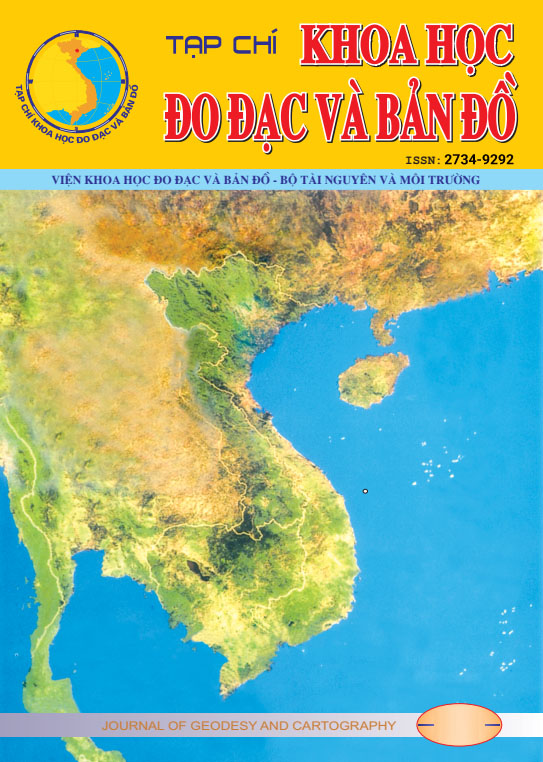Abstract
The conversion of image recorded in digital number DN with optical satellite sensor into surface reflectance like reality in the field is a very complex problem. First, it is necessary to mention the influence of the image recognition system of sensor and later again by the environmental effects of the atmosphere. Synthetic influences of sensor’s recognition system have been offered by image providers, through two parameters of Gain and Offset contained in image metadata file. Based on that, we can transform DN image into physical quantity that is at-sensor radiative image (or at top of atmosphere). The next step we need to eliminate environmental effect of atmosphere on radiative image to get surface reflectance image. Considered method DOS (Dark Object Substraction) is very practical one because it do not requires the measured parameters of the atmosphere, of which some information can be just extracted from the image contained in the metadata file. In our study satellite imagery VNREDSAT-1 has been used. Experimental results show that the NDVI product generated from surface reflectance, Ro-surf, is with higher reliability in comparison with NDVI created from the raw image DN, or from at-sensor image R, or from the reflectance image at the top of atmosphere Ro-toa. This is consistent with studies in the world.
PDF (Tiếng Việt)
| Download: 76
Downloads
Download data is not yet available.

